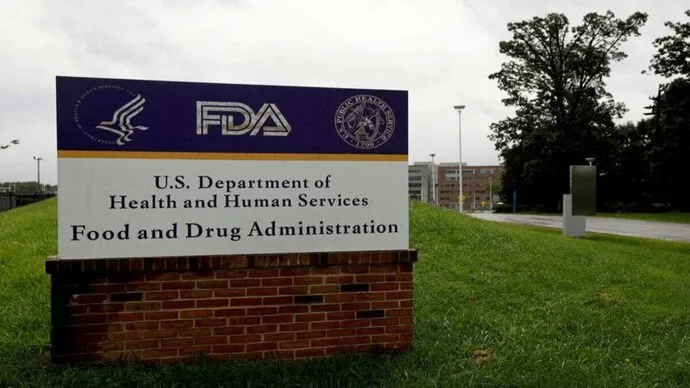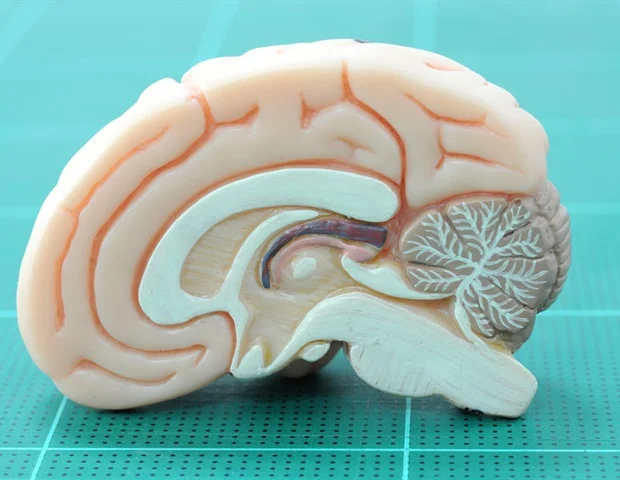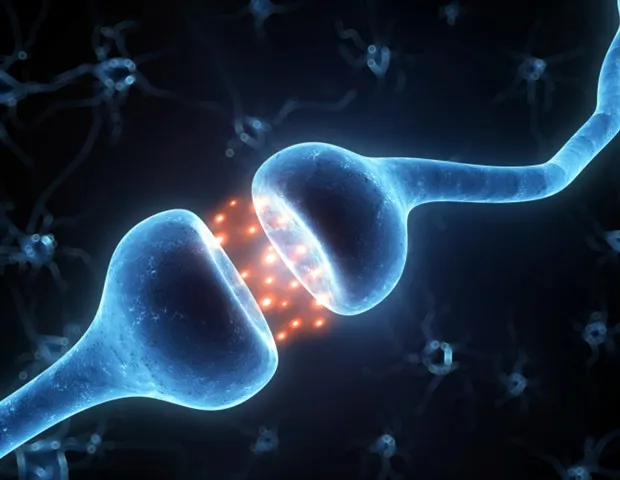Heavy energy drink consumption may be linked to heart failure. Doctors suggested this after treating a 21-year-old, who had regularly drunk four such cans every day for around 2 years.
This report adds to the growing body of published evidence on, and mounting concerns about, the potential heart harms of these drinks, say the authors. The young man in question ended up in intensive care after experiencing 4 months of progressive shortness of breath on exertion, breathlessness while lying down (orthopnoea), and weight loss.
The 21-year-old habitually drank an average of four 500 ml cans of energy drink every day: each can contains 160 mg of caffeine plus taurine (a protein) and various other ingredients. He said he had been doing this for around 2 years.
He also recalled that he had had bouts of indigestion, tremor and palpitations in the past for which he hadn’t sought medical help. In the 3 months before he was admitted to hospital, he had been forced to discontinue his university studies because he felt so unwell and lethargic.
Blood tests, scans, and ECG readings revealed that he had both heart and kidney failure, severe enough to warrant his being considered for a dual organ transplant.
This is just one case report, but there have been several others as well as review articles that have highlighted mounting concerns about the potential cardiovascular system harms of energy drinks, note the authors.
Overstimulation of the sympathetic nervous system by caffeine may be a factor; energy drinks are also known to raise blood pressure and can trigger heart rhythm abnormalities, say the authors, by way of an explanation for the published findings to date.













